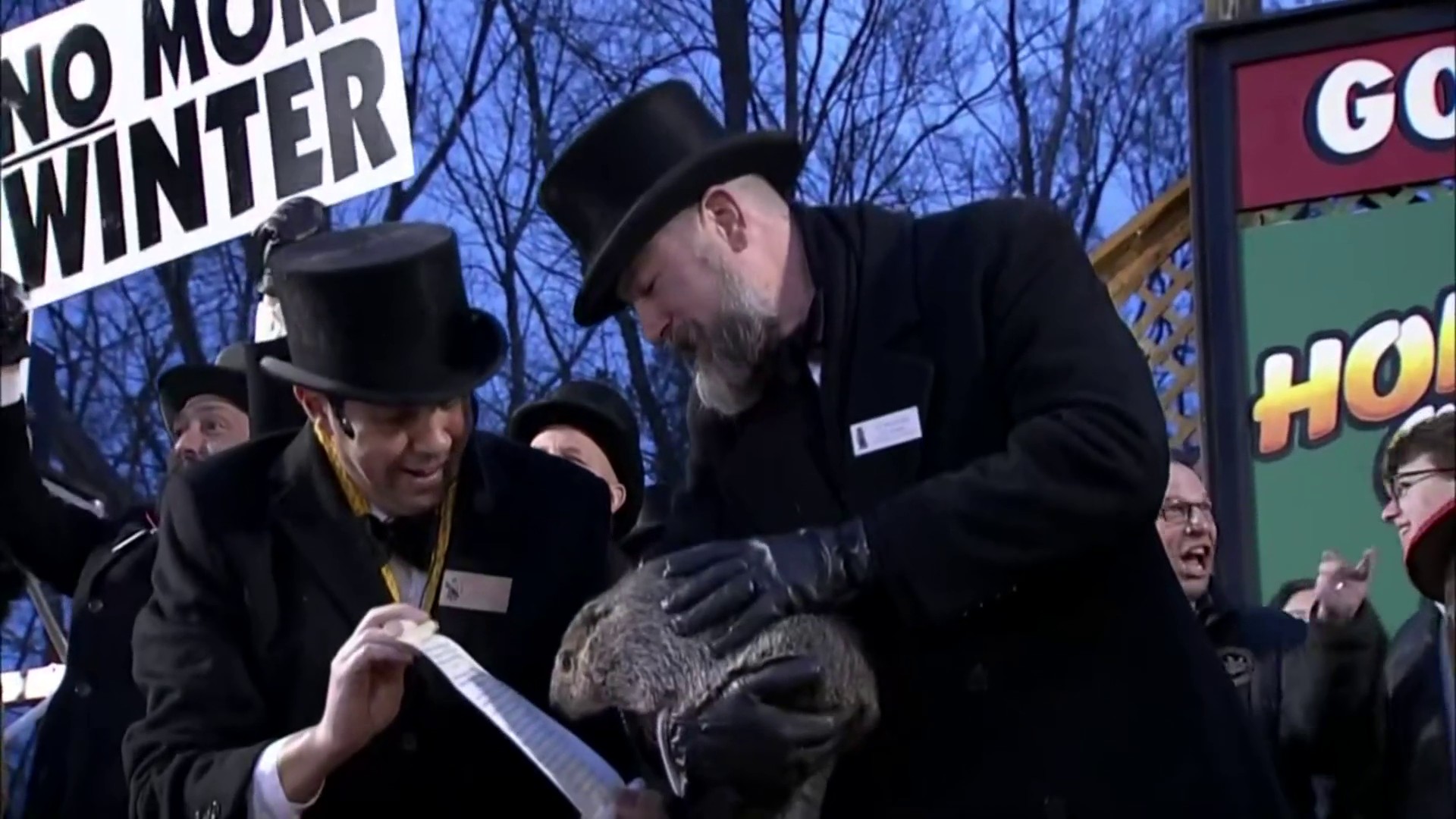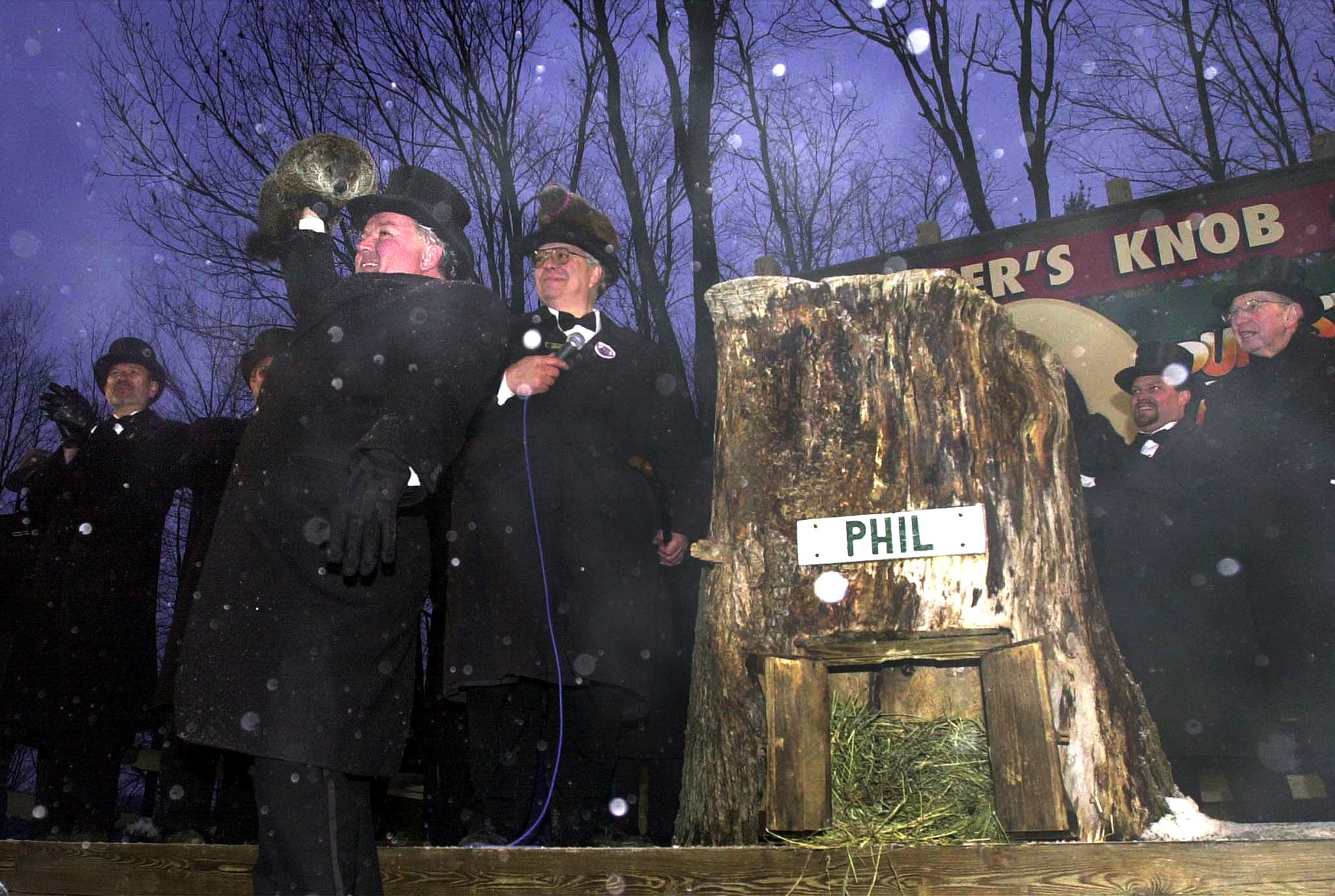It’s the day when a rodent becomes America’s most famous meteorologist: Groundhog Day.
If he sees his shadow, that means six more weeks of winter. If he doesn’t, then we’ll all get an early spring.
Or so the legend goes.
Punxsutawney Phil used to be quite reliable with his predictions of an early spring or six more weeks of winter, but it appears climate change is throwing off the groundhog’s forecast.
Get top local stories in Philly delivered to you every morning. >Sign up for NBC Philadelphia's News Headlines newsletter.
A new analysis of his forecast shows a coin toss would be more accurate, with shorter and warmer winters impacting the annual tradition.
Actual meteorologists have always questioned Phil’s forecasts, though.
“There’s no scientific basis whatsoever. It’s a rodent for crying out loud,” said NBC Boston meteorologist Tevin Wooten. “It can’t even speak, so maybe they’re just misinterpreting what Phil is actually saying.”
And the ol’ groundhog isn’t even quite as accurate as he once was.
Weather data from a division of the National Oceanic and Atmospheric Administration shows that Phil is only getting it right 40% of the time – and hardly ever for the western U.S..
And even in Philadelphia, not too far from his home burrow, Phil is no better than a coin toss.
Independent nonprofit research group Climate Central dug even deeper with the data and found that if the groundhog just predicted an early spring every year, he’d be twice as accurate as he is now.
Climate change helped bring an early spring 8 out of the last 10 years.
So what’s going on with the groundhog?
“So the first immediate answer is climate change,” Wooten said. “Winters are warming. Specifically in New Engalnd, warming by 3 to 4 degrees on average. So that’s one thing at play.”
“B,” he surmised, “Maybe it’s not the same groundhog. [It may be one] that’s maybe not as accurate.”
That’s just one reason the animal rights group People for the Ethical Treatment of Animals wants this holiday to stop being repeated.
The group wants to replace Phil with a fake groundhog, powered by artificial intelligence -- or even an enormous gold coin -- which PETA says would be far more accurate as our planet warms.



